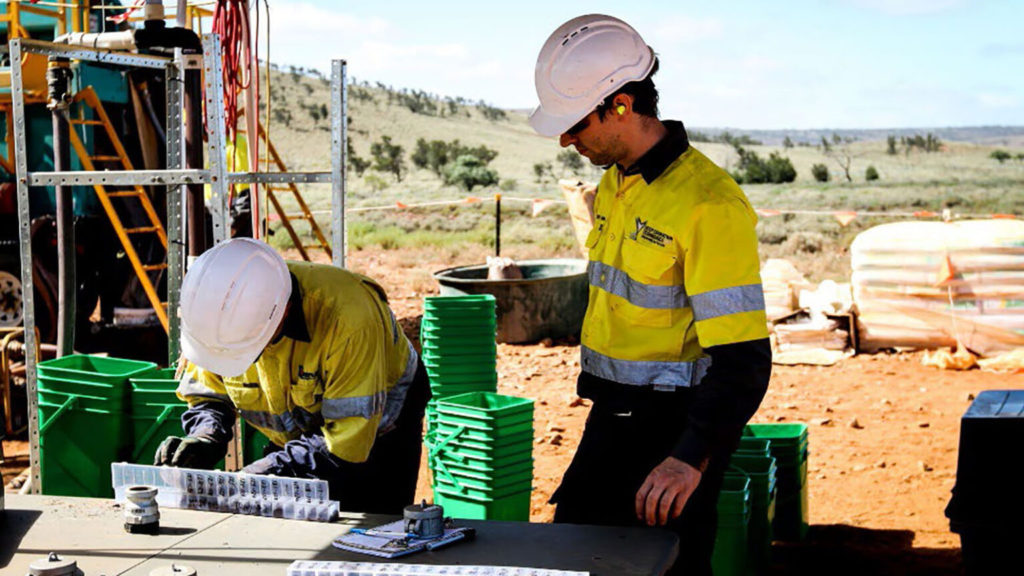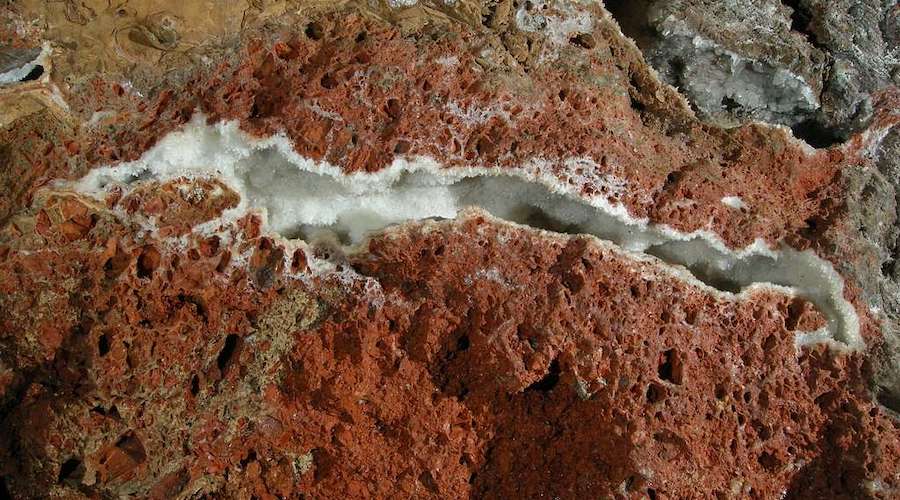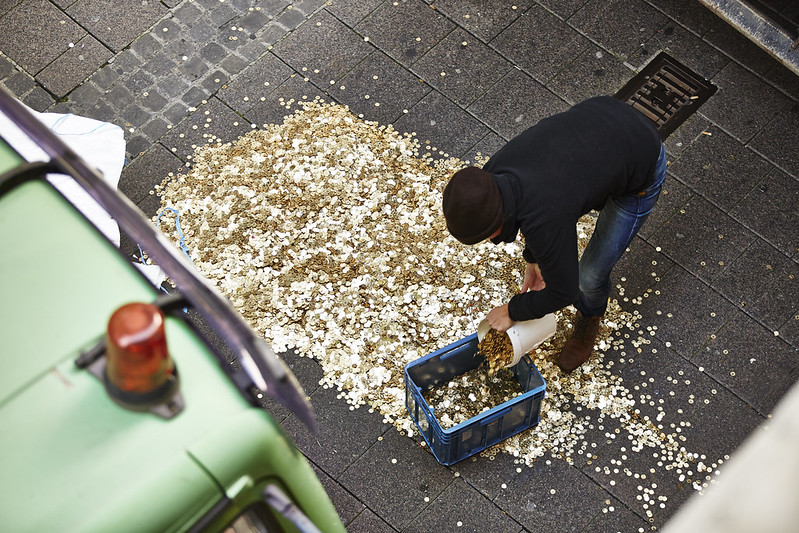Mining
Thursday, July 7th, 2022 6:12 am EDT

Supported by the Minerals Research Institute of Western Australia (MRIWA) and the Deep Exploration Technology CRC, Dr. Masood Mostofi and his research team at the Western Australian School of Mines: Minerals, Energy and Chemical Engineering (WASM: MECE) at Curtin University developed the new technology as part of their ongoing research toward automating fluid monitoring and handling in the drilling industry.
Drillers exploring deep beneath the surface for mineral deposits need specialised fluids to lubricate and cool the active drill head, and that won’t leak away through cracks and porous rocks around the drill site.
“New Coiled Tubing drilling technology being developed for mineral exploration needs much higher volumes of these special fluids than conventional drilling,” said Mostofi.
Mostofi and his team developed a system that can meet these fluid needs in remote locations where geologists might explore for new mineral deposits, and reduces the risk of releasing fluids that might affect the local environment.
“Our reformulated drilling fluid eliminates the use of hydrocarbons, and we have developed a new method for both keeping boreholes stable and rapidly separating rock chips and solid materials from the fluid as it returns to the surface.
“Working alongside partner technologies being developed in the MinEx CRC, this method will help deliver continuous samples of the rock material a drill is cutting through up to 1000m below the ground, while allowing the drilling fluid to be efficiently cleaned and recycled,” he said.
In releasing the research report, MRIWA CEO Nicole Roocke said the research helps move the exploration industry towards safer, greener and cheaper drilling.
“This is an important step forward for the mining industry,” Roocke said. “By supporting these improvements in drilling technology, the Western Australian government is helping our exploration industry develop the tools it needs to succeed.”
This post has been syndicated from a third-party source. View the original article here.




